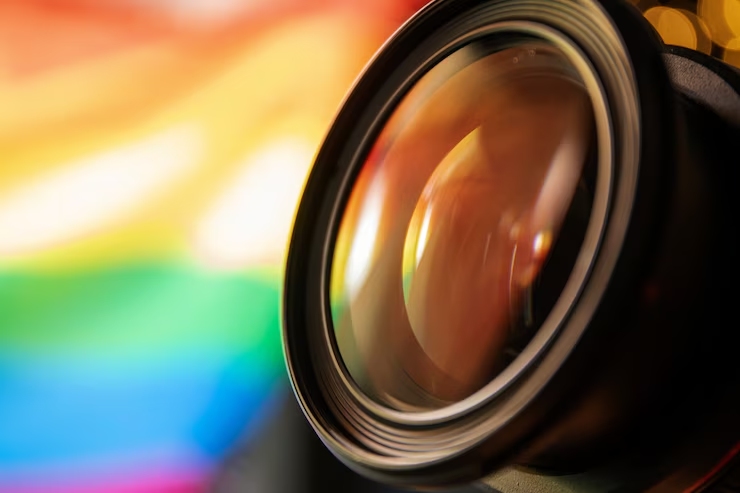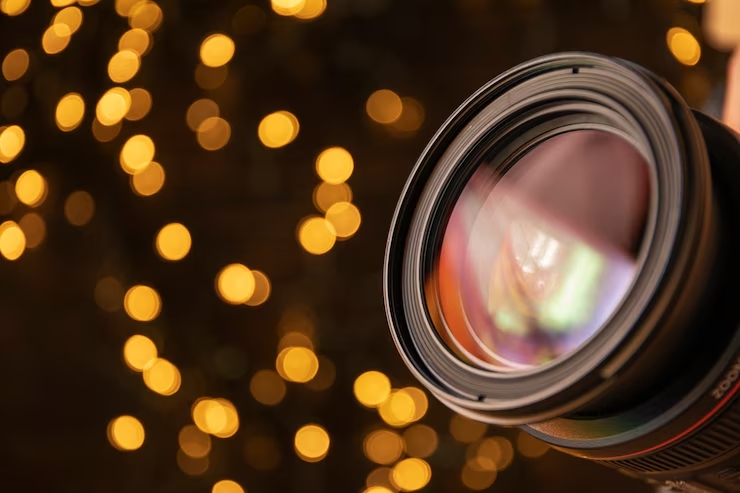
Request


Camera lens filters are crucial for photographers aiming to improve picture quality and spark creativity. With numerous choices, picking the ideal filter can seem daunting. This guide explores essential factors, filter varieties, and how Hemusun can assist you in selecting the perfect filter to boost your photography.
Selecting a camera lens filter involves weighing purpose, quality, and price. Costly filters often feature top-notch materials. Yet, affordable options can perform well for casual shooters. Here’s what to consider:
Pricey filters suit professionals seeking accuracy. However, mid-range choices often work for hobbyists. Quality investments enhance performance without overspending.
Superior filters improve sharpness and toughness. Still, budget filters can help beginners if chosen carefully. Assess your needs and budget to find the best balance.
Camera lens filters come in several kinds, each with unique roles. Knowing their uses helps you pick the right one for your photography aims. Below are the main types:
Polarizing filters are popular among landscape photographers. They cut reflections and enrich color vibrancy, making images stand out. Key advantages include:
Rotate the filter to adjust the effect based on light angles. Polarizers work best in bright, sunny settings. Discover Hemusun’s filters for top-quality options suited for outdoor shots.
Neutral Density (ND) filters lessen light entering the lens without changing color tones. This enables creative flexibility in bright settings. Use ND filters to:
ND filters are rated by light reduction (e.g., ND4 cuts two stops, ND1000 cuts ten). Select based on your desired effect and light conditions.
UV filters once blocked ultraviolet light, which caused haze on film cameras. Modern digital sensors are less affected by UV. Now, these filters mainly act as:
Though not vital, UV filters are cost-effective and practical for lens safety. Explore Hemusun’s filters for dependable, clear options.
Specialty filters appeal to photographers chasing unique effects. Common types include:
These filters are niche but ideal for bold, experimental projects. They let photographers push limits and create striking visuals.
Filter Type | Primary Use | Best For |
Polarizing | Reduce glare, enhance colors | Landscapes, outdoor shoots |
ND | Control light for exposure | Long exposures, video |
UV | Lens protection, minor haze reduction | General use, lens safety |
Specialty | Creative effects | Artistic, experimental photography |
Choosing the right filter means matching it to your photography style, shooting conditions, and budget. Here’s how to decide wisely:
Your photography type shapes filter choice:
Pinpoint your main goals—enhancing colors, controlling light, or protecting gear. This narrows your options.
Your shooting environment affects filter choice:
Think about your usual locations—beaches, forests, or cities. Pick filters that perform well there.
Filter quality affects image clarity. Costs vary widely. Here’s how to balance them:
Hemusun provides filters for all budgets. They ensure quality for beginners and experts alike.

A filter’s material and build impact image quality, durability, and performance. Low-quality filters can harm images or break easily. Focus on these factors:
Coatings are vital for filter success. They improve results by:
High-quality coatings, like those in Hemusun’s filters, deliver great results in tough conditions.
Filters are usually made from glass or resin. Each has unique benefits:
Material | Pros | Cons |
Glass | Clearer images, tough, scratch-resistant | Costlier, heavier, may break |
Resin | Light, cheap, less likely to shatter | Less clear, scratches easily |
Glass filters suit pros seeking sharp images. Resin filters work for budget-conscious shooters or those valuing portability. Hemusun offers both to meet varied needs.
Hemusun is a top provider of optical products. They offer high-quality camera filters for photographers of all skill levels.
Founded as Hemusun Optical Instrument Co., Ltd., Hemusun focuses on researching, developing, and producing optical gear. This includes filters, lenses, and monoculars. Their emphasis on innovation and precision ensures every product meets strict quality standards. Their expertise makes them a trusted choice for photographers seeking reliable equipment.
Hemusun’s filter lineup includes:
Visit Hemusun’s product page to browse their full range. Find filters tailored to your needs.
Picking the right camera lens filter transforms your photography. Understand filter types and assess your style and quality needs. This leads to smart choices. From polarizing to specialty filters, each has a unique role. Hemusun offers a wide, high-quality filter range for every photographer. Their products ensure durability and excellent performance. Elevate your photography now with the ideal filter.
Check your lens’s thread diameter. It’s usually marked on the lens barrel or in the manual (e.g., 52mm, 82mm). Match the filter’s size to this for a secure fit. Hemusun offers filters in many sizes for most lenses.
You can stack filters. But this may lower image quality. It can cause vignetting, flare, or color changes. Use high-quality filters and limit stacking to two for best results. Test combinations to keep clarity.
Not always. Costly filters often have better materials and coatings. Yet, mid-range options from trusted brands like Hemusun perform well for most photographers. Focus on features like coatings and material, not just price.